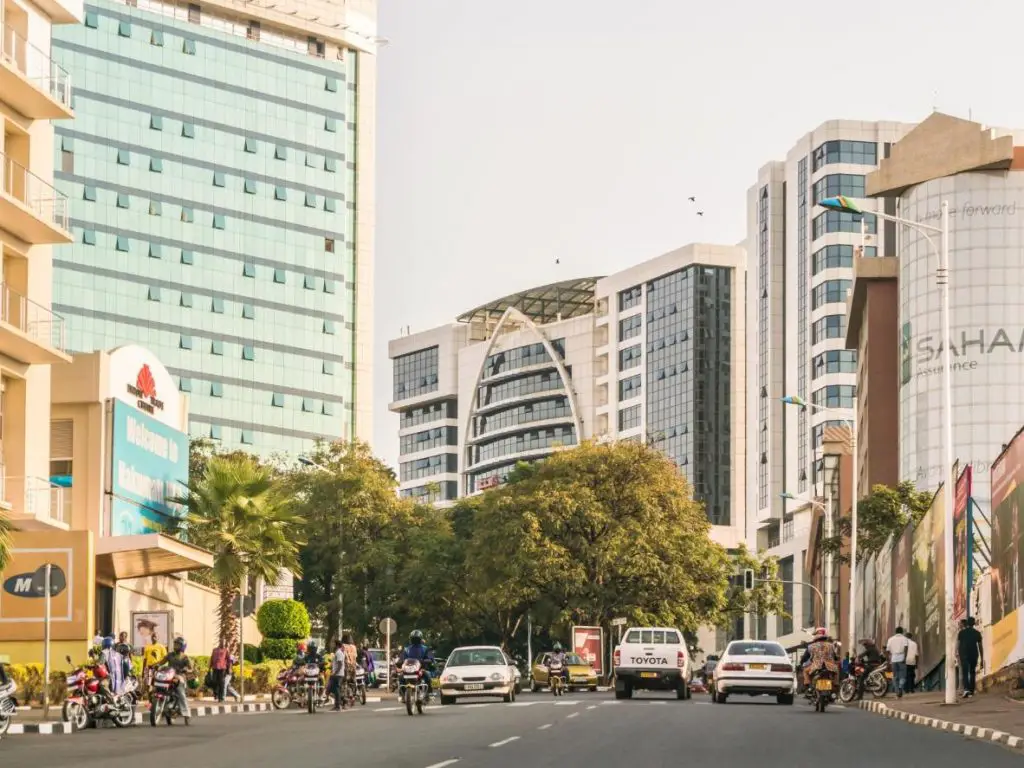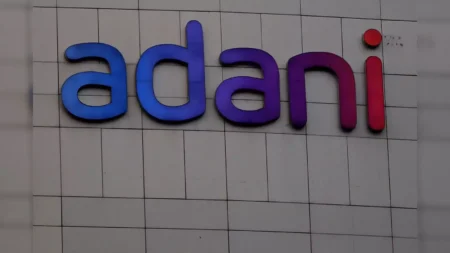Rwanda is eyeing an economic boost from its inaugural $40 million bond, which was issued at the UK-Africa Investment Summit 2020.
The World Bank issued the Rwandan franc-denominated paper to finance government projects in the 2019-2020 financial year budget. The bond offers investors an annual coupon of 9.25 per cent which will mature on January 20, 2023.
“The World Bank has a big portfolio of investors, which the country will be banking on,” said Celestin Rwabukumba, the chief executive officer of Rwanda Stock Exchange.
The bond is the seventh in sub-Saharan African that the World Bank has issued. It is expected to increase confidence and help attract foreign private investment that the country needs to achieve sustainable long term economic growth.
Also Read: Rwanda launches campaign to collect 1M smartphones
“Capacity building in local capital markets is a critical component of international development finance. This transaction highlights the potential to grow further demand from international investors in these markets,” said Will Weaver, Head of EMEA Debt Capital Markets & Syndicate.
In the short term, it is expected to improve liquidity as the government increases spending to accelerate growth.
“In the long run, Rwanda is positioned as a good destination for investment and the issuance in Rwf minimises the depreciation risk,” said Maurice Toroitich, chief executive officer of Bank Populaire du Rwanda Ltd.
2019/2020 financial year, Rwanda’s government plans to increase spending by 11 per cent to $3.2 billion from $2.9 billion.
Also Read:Qatar Airways grabs a handsome stake in Rwanda International Airport
The Finance minister Uzziel Ndagijimana told parliament in June last year that donors will fund 14 per cent of the budget while the rest will come from revenue and debt.
Some key priority areas in 2019/2020 financial year include job creation, improving sanitation infrastructure, transportation and water as well as the service sector in urban and rural areas.
“The 2019 growth projection has been revised up from 7.8 to 8.5 per cent, with strong upside risk—especially given the recently released GDP figures suggesting that the economy grew in double digits in Q3 2019,” the IMF said in a statement released on January 17, 2020.











